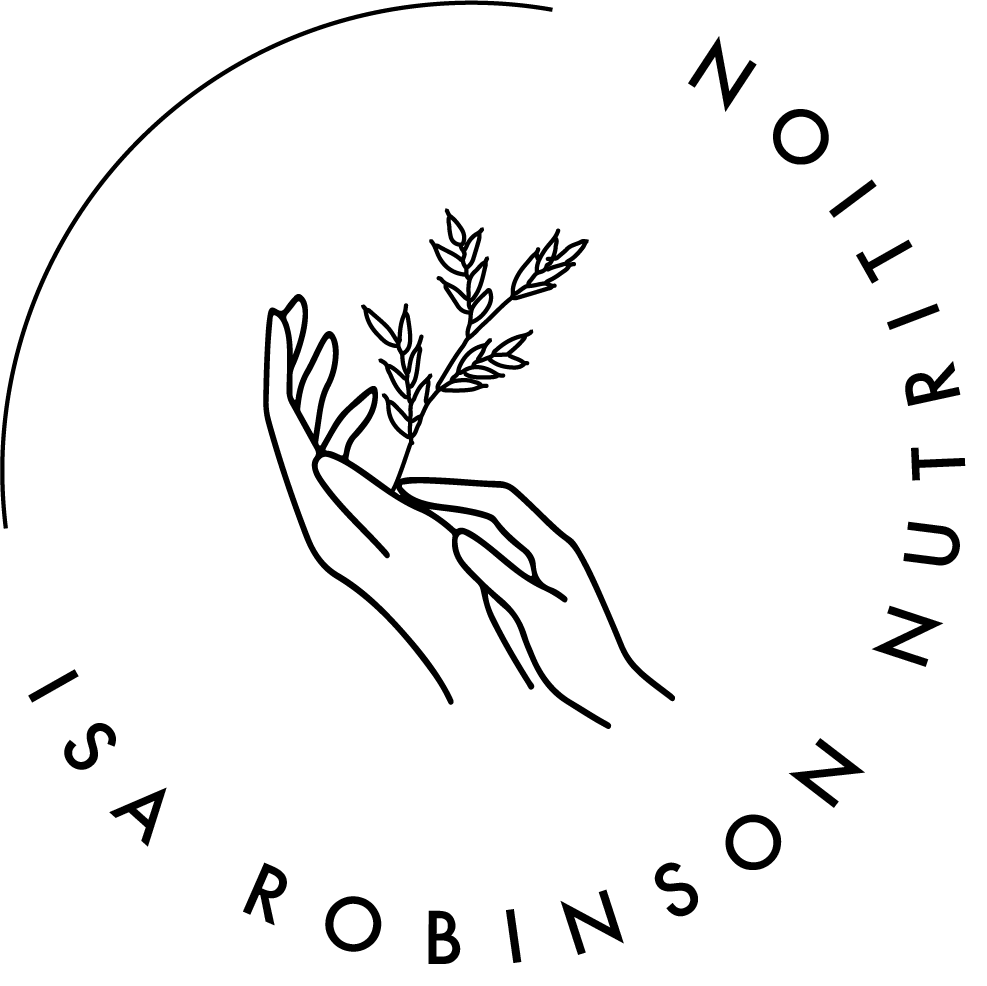My Top 8 Tips for Healthy Bones
Following on from my previous article “An Introduction to Bone Health”, I thought I’d share my top 8 tips for healthy bones.
1) FUEL UP WITH A VARIED BALANCED DIET
Our bodies need a range of different vitamins and minerals to grow strong including vitamin C, iron, copper, magnesium and zinc, as well as the ones we more commonly hear of, which I will get to later on. The best way to obtain these nutrients is through food, so eating a wide variety of foods and food groups should cover your bases.
Protein is also an important macronutrient for bone health. The recommended amount of protein for adults in the UK is roughly 0.8g/Kg. Those undertaking frequent exercise, especially strength training may require more. Most of us in the UK however, greatly exceed requirements.
It is also important to nourish ourselves adequately, as low body fat % in females will inhibit oestrogen production and accelerate the activity of osteoclasts which break down bone. In turn, compromising bone density and increasing the risk of osteoporosis.
2) SPOTLIGHT: CALCIUM
Calcium is the major building block of bones. The recommended amount for adults is 1000mg / day. However, teens, post menopausal, pregnant and lactating women require more. Dairy is an excellent source of calcium, with a 250ml serving of milk containing roughly 280mg. Just to put this into perspective, 100g broccoli contains nearer 45mg and a portion of almonds 62mg. Other great sources include small fish with bones, tahini / sesame, fortified milks, tofu and figs.
3) SPOTLIGHT: VITAMIN D
Whilst calcium is the building block for bones, one of Vitamin D’s many roles is to help us absorb the calcium from food. The best source of vitamin D doesn’t come from food, but from the sun. 10-15 minutes outside in the sunshine during the summer months should help us meet our needs. However, research shows many individuals in the UK are vitamin D deficient and the sun also isn’t strong enough during winter months. The NHS advise that we should supplement 10μgs between September and March. Individuals with darker skin may especially benefit from a supplement because its more difficult to make vitamin D. You can always ask your GP for a test to assess levels, which can be done with a simple blood test.
4) SPOTLIGHT: VITAMIN K
Vitamin K is equally important for bone health as it’s involved in many reactions which aid calcium uptake and bone mineralisation. Vitamin K actually refers to several different types of vitamins but I want to focus on K1 and K2. K1 is found in dark leafy greens and whole grains. Much of K2 is actually produced by your gut bacteria. Again we should be able to get adequate vitamin K from the diet.
5) MOVEMENT
Physical activity increases bone turnover, the breakdown and building of bone tissue which in turn keeps bones stronger. The NHS recommends 150 minutes of physical activity per week, which works out as 22 minutes per day. Just FYI, you do not need to be in lycra for movement to count. Housework, dancing, gardening or whatever it is that gets your body moving in a way that you enjoy counts.
When it comes to bones, the best exercise may be strength and resistance training, which puts some stress and load on bones to help them become stronger. This includes stuff like pilates, weight training, yoga, resistance bands, hill walking and dancing. The most important thing is to pick something you enjoy and equally support activity with food and rest.
Conversely, for individuals who are underweight, exercise may actually be damaging for bones.
6) CAUTION: FIZZY DRINKS, CAFFEINE & SALT
Just a note to say these aren’t “bad,” but if they are featuring very frequently in your diet it might be worth having a think about. In the UK, a traditional glass of milk has been replaced by a lot of fizzy drinks, which may be a double whammy of potentially adverse impacts for bones. Fizzy drinks don’t contain calcium and are high in caffeine, which may decrease intestinal calcium absorption. There is also some evidence that phosphoric acid in fizzy drinks interferes with calcium absorption. Salt may further increase urinary loss of calcium when consumed in excess.
7) CAUTION: ALCOHOL AND CIGARETTES
Alcohol can interfere with vitamin D and Calcium absorption, as well as impact hormone balance which is crucial to bone health. Smoking directly contributes to reduced bone mass and bone mineral density.
8) DON’T IGNORE A MISSING PERIOD
If you’re repeatedly missing periods, it is really important you speak with your GP. These hormones are essential for many systems in our bodies, not least bones. Lack of oestrogen means osteoclasts (the cells that break down bone) are more active and this could risk osteopenia and osteoporosis in the future.
References
https://www.ncbi.nlm.nih.gov/books/NBK45523/
https://www.ncbi.nlm.nih.gov/pubmed/17906277
https://www.ncbi.nlm.nih.gov/pmc/articles/PMC6304634/
